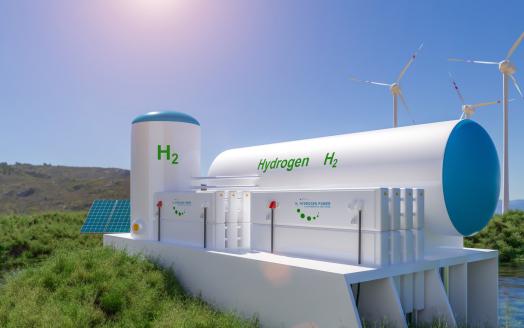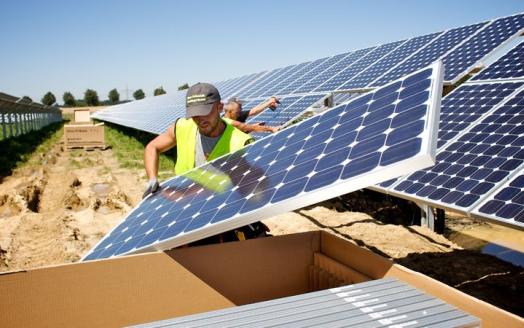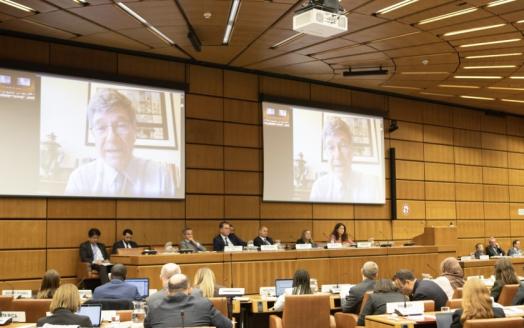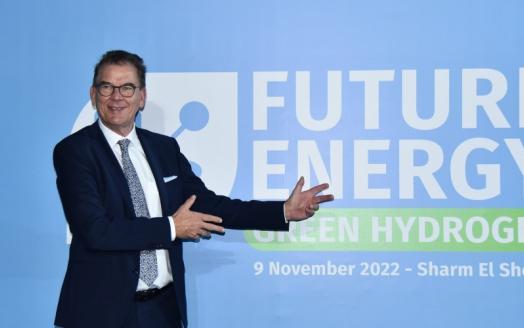Coordination
Our mission in this field
We are dedicated to advocating for developing countries.
To leverage the potential of the hydrogen economy, developing countries need to coordinate their strategic and implementation plans and consolidate resources efficiently.
The development of a hydrogen economy represents a promising and multi-faceted endeavour that requires close cooperation and coordination between various stakeholders at national, regional, and international levels. At the national level, it is essential to provide a voice to all relevant partners: ministries, industry and business, financial institutions, academic and research organizations, local community and NGOs to ensure that all voices are heard and ensure a more inclusive and sustainable hydrogen transition. At the regional level, there may be a need to integrate infrastructure and share the risks and benefits of hydrogen projects, all requiring regional collaboration. International collaboration is crucial for addressing challenges and bottlenecks through knowledge sharing, technology adoption, intergovernmental MoU, financing, and certification to bridge gaps and ensure the acceleration of a hydrogen economy.
The multi-stakeholder approach resonates with the UNIDO strategy to promote an inclusive and just hydrogen economy. Through its Global Programme for Hydrogen in Industry, UNIDO maintains regular communication with relevant stakeholders from the Member States. This collaborative approach facilitates an in-depth understanding of the emerging economies' requirements and fosters constructive dialogue and information exchange among them.
UNIDO is also actively participating in global fora activities such as G20, COP and many other hydrogen-specific platforms to advocate for the specific needs and challenges its Member States face when pursuing their hydrogen visions.
UNIDO actively participates in various international initiatives, such as the Hydrogen Breakthrough Agenda, with the aim of coordinating efforts to effectively resolve the bottlenecks of hydrogen development.
In July 2023, during the 14th Clean Energy Ministerial (CEM14) Meeting, the founding members of the International Hydrogen Trade Forum requested that UNIDO take on the coordinator role. In this capacity, UNIDO facilitates cooperation among government members and industrial leaders and incorporates the perspectives and considerations of developing countries and transition economies. UNIDO supports forming a global hydrogen market by facilitating dialogue and leveraging its extensive network for technical assistance and policy guidance.
“UNIDO’s commitment to the International Hydrogen Trade Forum aligns well with its Global Program for Hydrogen Industry objectives. We see a fitting role for UNIDO to help bridge the gap between countries within the CEM community and those who are not part of the CEM yet”, stated the DG Müller of UNIDO.
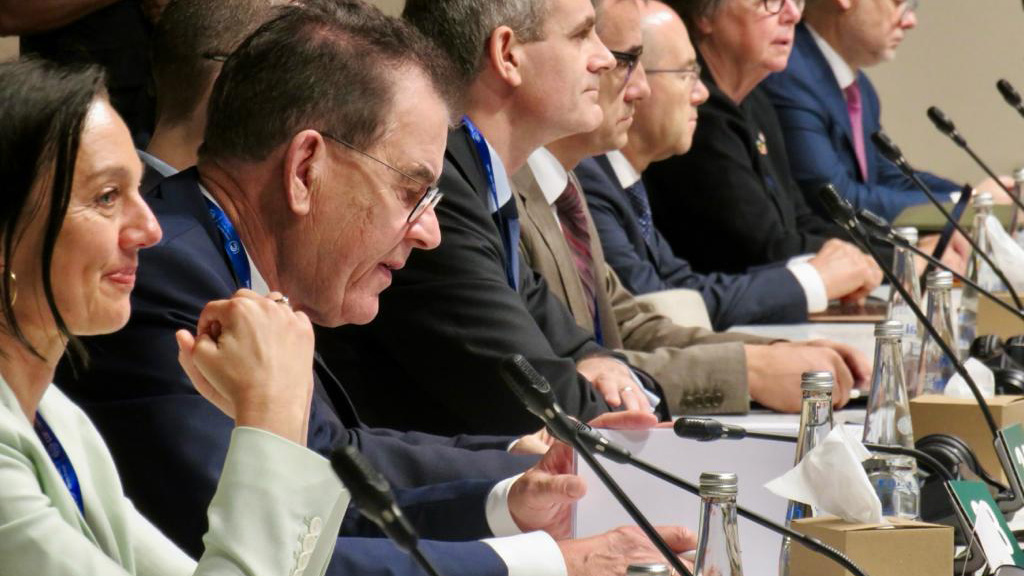
Highlights
Advanced Filter
